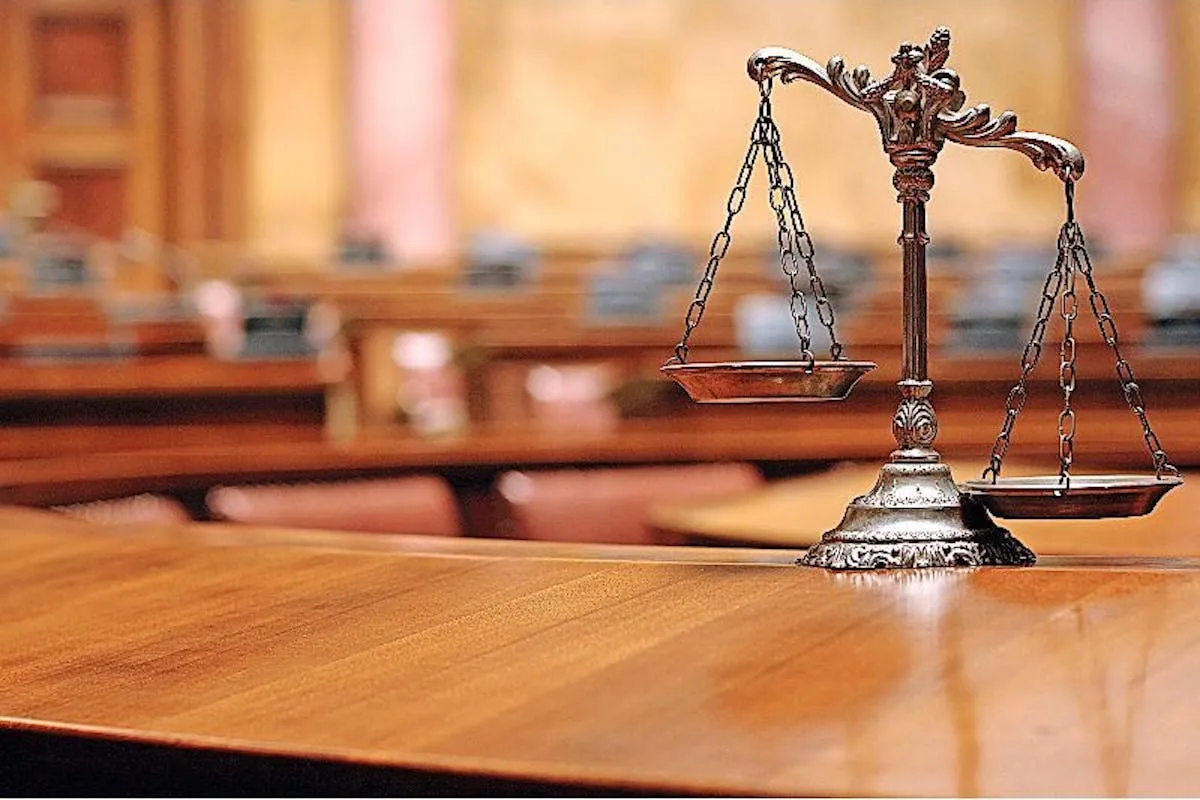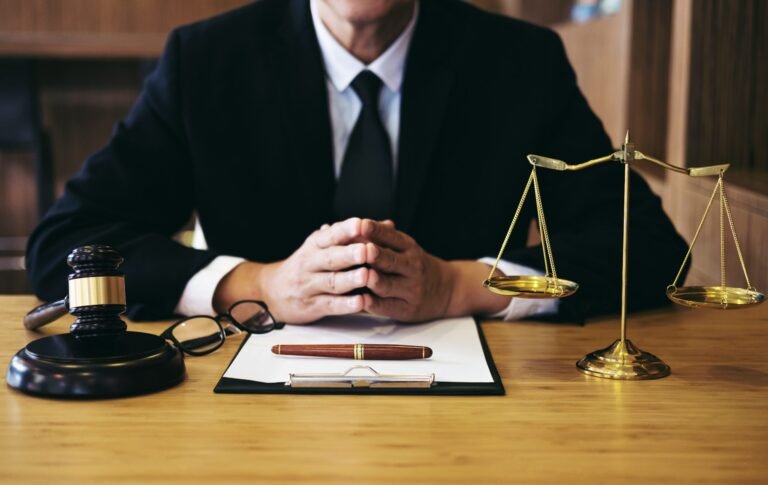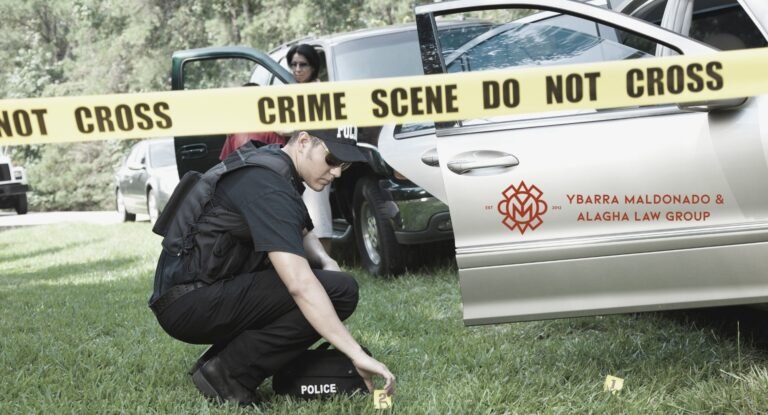Being accused of child molestation in Georgia is one of the most serious and life-altering events a person can face. These allegations trigger a complex legal process, heightened emotions, and often significant public attention. Understanding the legal steps that follow and knowing when to seek guidance from a knowledgeable child molestation lawyer in Cumming, GA can be crucial to protecting one’s future.
This guide offers a people-first perspective on what typically happens after a child molestation accusation in Georgia, aiming to inform those facing such accusations or supporting someone who is.

Trusted Legal Support Is Within Reach
If you or someone you care about is facing a child molestation accusation in Georgia, it’s important to act quickly and confidently. You don’t have to navigate this situation alone.
A respected criminal defense attorney based in Cumming, Georgia, offers confidential, non-judgmental legal guidance tailored to your unique circumstances. With experience handling sensitive and high-stakes cases, this legal professional understands what’s at risk and how to defend your rights with care, discretion, and commitment.
📍 Office Location: 2100 Westshore Drive, Suite 119, Cumming, Georgia 30041
📞 Call Today: (470) 505-9791
📧 Email: jennifer@lawofficeofjenniferscalia.com
Immediate Legal Consequences
When an accusation of child molestation is made, law enforcement typically acts swiftly. The alleged suspect may be arrested or brought in for questioning soon after the complaint is filed. In many cases, investigators will interview the alleged victim and other witnesses before making an arrest.
Unlike other types of cases, the legal process in child molestation accusations often begins with minimal physical evidence. This is one reason why statements both from the accuser and the accused play such a critical role.
The Investigation Phase
During the early stages, the case is usually assigned to a detective in a special victims or crimes-against-children unit. The investigation may include:
- Interviews with the alleged victim, family members, and others close to the situation.
- Collection of electronic evidence, such as text messages or social media activity.
- Medical examinations or psychological evaluations of the child, when appropriate.
In many instances, the person accused may not be fully aware of the extent of the investigation until charges are formally filed.
Arrest and First Appearance
If the evidence gathered during the investigation is considered sufficient, an arrest warrant may be issued. Once arrested, the accused is brought before a judge for an initial appearance. At this hearing, the judge explains the charges and determines whether bond (bail) will be set.
Because child molestation is a serious accusation, bond may be denied or set very high. In many cases, pretrial detention becomes a reality, even before any determination of guilt.
The Role of Legal Representation
Navigating this situation without legal guidance can lead to irreversible outcomes. Speaking with a criminal defense attorney early on preferably before any formal charges can help clarify what’s at stake and what options may be available.
Legal counsel may assist in:
- Reviewing the prosecution’s evidence
- Evaluating whether constitutional rights were violated
- Advising whether to speak with investigators
- Exploring the possibility of dismissal or reduction of charges
Because child molestation cases often hinge on testimony and perception rather than physical evidence, having a strong legal defense strategy is critical.
Pretrial and Court Proceedings
Once formal charges are filed, the accused enters the pretrial phase. This includes several important steps:
- Arraignment: A court hearing where the accused enters a plea typically “not guilty” at this stage.
- Discovery: The defense gains access to the prosecution’s evidence.
- Motions: The defense may file legal motions, including requests to suppress certain evidence or challenge how it was obtained.
Depending on the circumstances, the accused may face multiple court dates, and each step has its own rules, timelines, and consequences.
Long-Term Implications
The consequences of a child molestation accusation regardless of the outcome can be far-reaching. Even if the accused is never convicted, the damage to personal relationships, reputation, and emotional well-being may be significant.
Additionally, those found guilty face permanent inclusion on the sex offender registry in Georgia, which affects housing, employment, and even travel for years to come.
Because of the lifelong implications, responding early and thoughtfully to the accusation is essential.
Building a Defense
Every case is unique, and a successful defense depends on the specifics. In some situations, the defense may center around mistaken identity, false allegations, or the credibility of the witnesses. In others, it may focus on lack of intent or absence of evidence.
An effective strategy often involves gathering supporting documentation, speaking with expert witnesses, and understanding the psychological and emotional dynamics that may have influenced the accusation.
A detailed review of the facts is necessary to determine which legal defenses are appropriate and what steps may strengthen the case.
Support Systems and Coping
Being accused of a crime as sensitive and stigmatizing as child molestation can be emotionally devastating. Feelings of isolation, fear, and anxiety are common. It’s important to have a support system in place whether that’s close family, friends, or mental health professionals.
The legal process can be lengthy and mentally exhausting, making self-care and emotional support essential parts of navigating this experience.
Next Steps
While the legal process may seem overwhelming, informed choices can lead to more manageable outcomes. Those facing such allegations in Georgia are encouraged to:
- Stay silent until speaking with legal counsel
- Keep a record of all interactions with investigators or other parties
- Avoid discussing the case publicly, including on social media
- Attend all court hearings and comply with any release conditions
FAQs
Q1: Can someone be arrested for child molestation in Georgia without physical evidence?
Yes. In many cases, these accusations rely heavily on statements and witness interviews. A person can be arrested based on probable cause, even without physical evidence.
Q2: How long does a child molestation case take in Georgia?
Timelines vary depending on the court’s schedule, the complexity of the case, and whether the accused is in custody. Some cases resolve in a few months, while others may take over a year.
Q3: What happens if the charges are dropped or dismissed?
If charges are dropped or dismissed, the legal process ends, but social and reputational impacts may continue. Legal counsel may assist in exploring record restriction (expungement) options if eligible.




